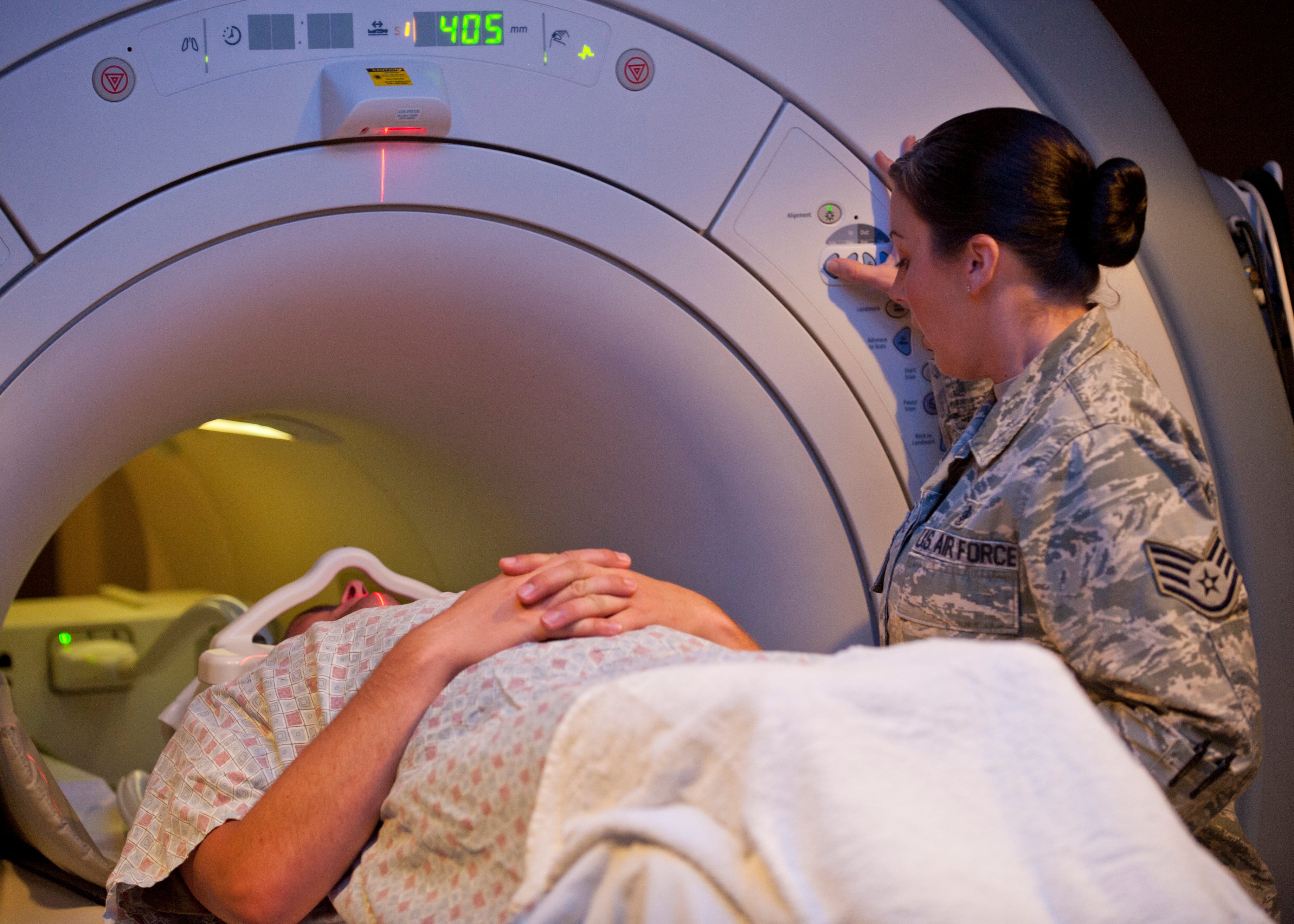More than 100 troops were diagnosed with traumatic brain injuries after a Jan. 2020 Iranian missile attack on al-Asad Air Base in Iraq. The Pentagon’s inspector general wants to know whether U.S. Central Command, the Defense Health Agency and the services properly screen personnel and recommended them for medical treatment, according to a project announced Monday.
It’s the second project announcement of its kind. DoD IG announced the first version of the project in July 2020, spokeswoman Dwrena Allen confirmed to Military Times on Wednesday.
The latest evaluation “will delve deeper into some of the items we learned in the first project,” she said. “The first project is expected for completion soon.”
The al-Asad attack made headlines in early 2020 not just because it was retaliation for the U.S. assassination of a top Iranian general.
It turned into a controversy from the Pentagon to the White House, after officials initially announced there had been no casualties, but updates in the following days showed dozens of mild traumatic brain injuries from the missiles’ impact.
When asked about it during a press conference, then-President Donald Trump downplayed the seriousness of head injuries.
“I heard that they had headaches, and a couple of other things,” he said at the time, later offering amputations as an example of a more concerning injury. “But I would say, and I can report, that it is not very serious.”
RELATED

Those headaches, of course, are the early signs of an injury that the military is still trying to understand. Mild TBI, especially repeated, has been linked to a host of long-term behavioral health risks.
The IG’s project aims to review the military’s protocols for diagnosing, reporting and tracking such injuries, in order to ensure proper follow-up care.
The evaluation is expected to begin in October, according to the release.
Meghann Myers is the Pentagon bureau chief at Military Times. She covers operations, policy, personnel, leadership and other issues affecting service members.




